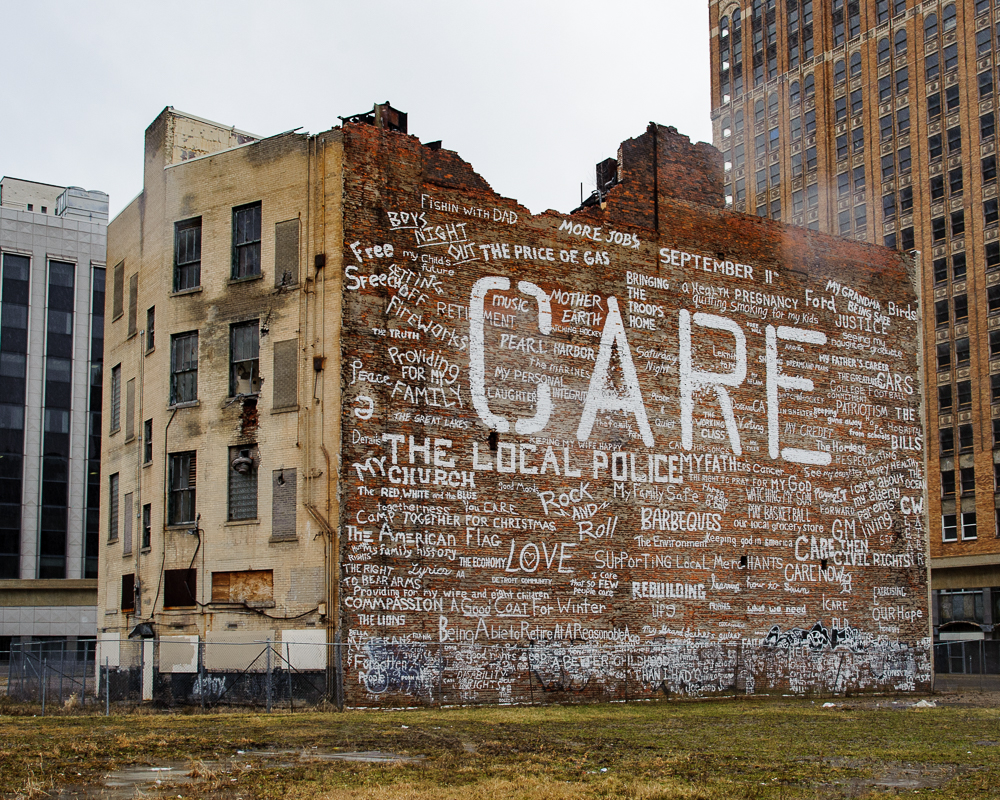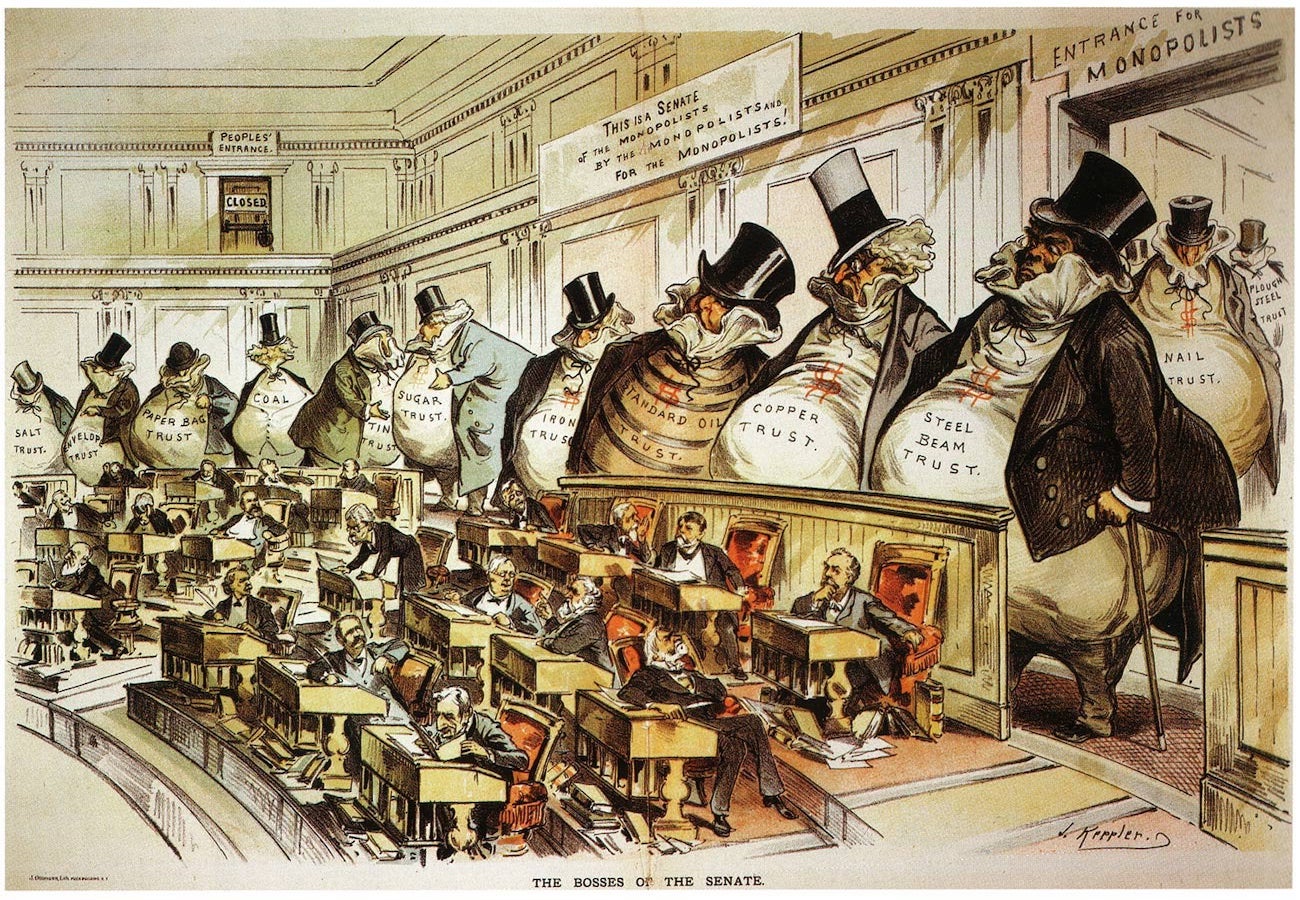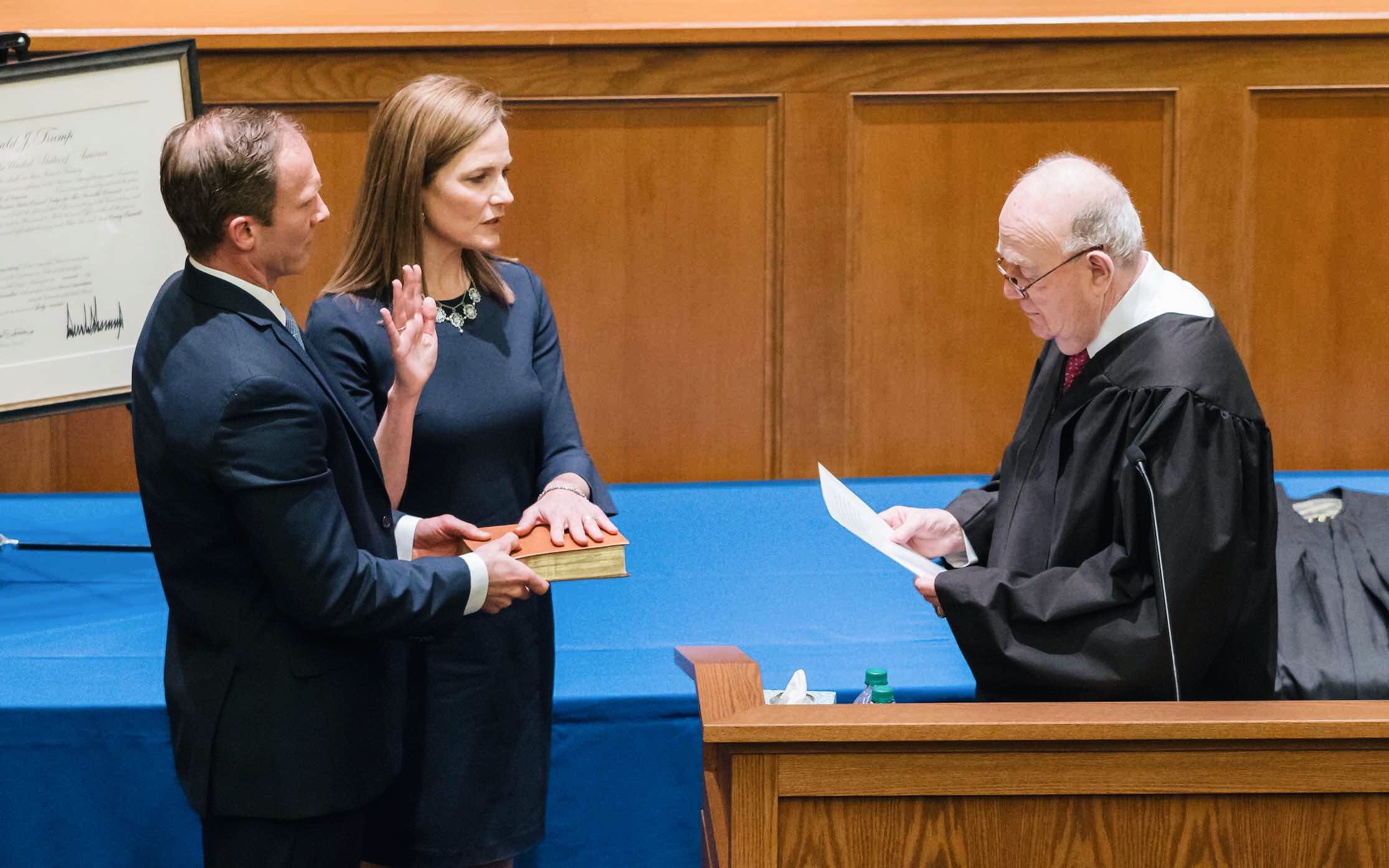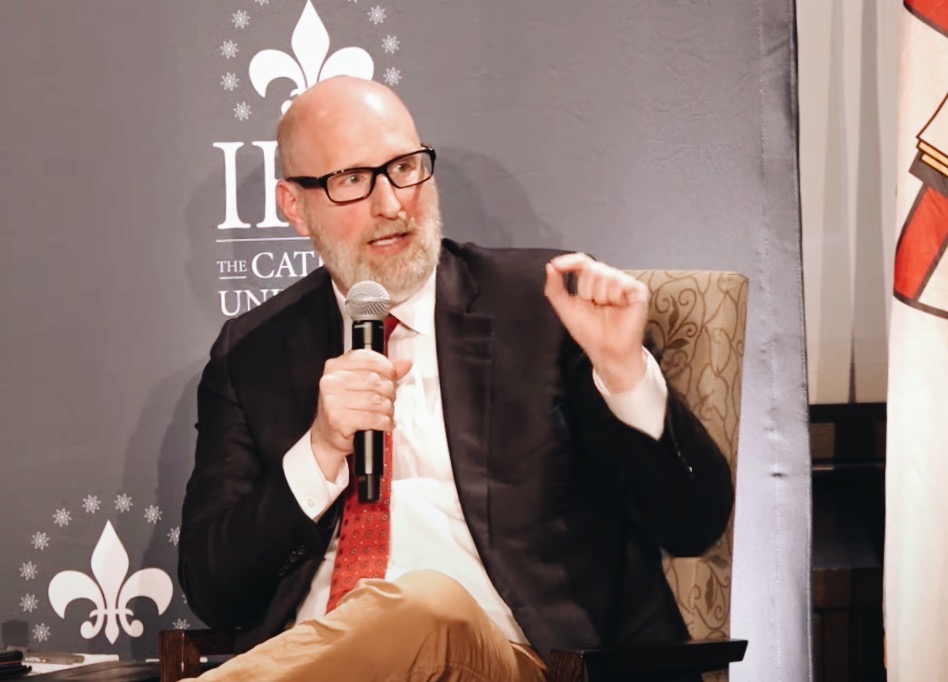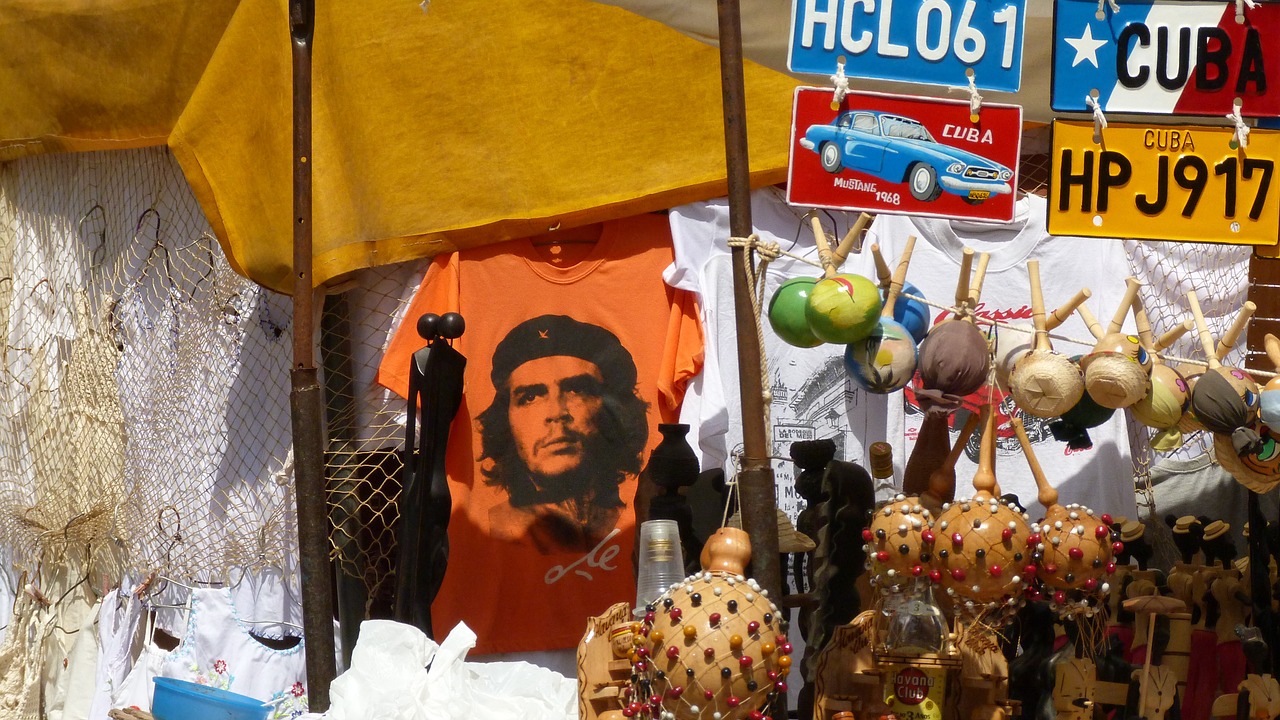
Joseph Sunde's work has appeared in venues such as the Foundation for Economic Education, First Things, The Christian Post, The Stream, Intellectual Takeout, Patheos, LifeSiteNews, The City, Charisma News, The Green Room, Juicy Ecumenism, Ethika Politika, Made to Flourish, and the Center for Faith and Work, as well as on PowerBlog. He resides in Minneapolis, Minnesota, with his wife and four children.
Posts by Joseph Sunde
October 19, 2020
When reflecting on the church’s economic responsibility, some of us may envision an assortment of needs-based “outreach programs,” from food pantries and homeless shelters to short-term mission trips and fundraising drives.
Continue Reading...
October 14, 2020
The COVID-19 pandemic has claimed many victims, from the millions who have contracted the virus directly to many others who continue to endure its social and economic disruptions.
The suffering has been particularly acute for the children who continue to be confined at home, whether struggling to adapt to remote-learning regimens or remaining mysteriously absent altogether.
Continue Reading...
October 07, 2020
Amid rapid globalization, Americans have faced new pressures when it comes to economic change, leading to abundant prosperity, as well as significant pain and disruption across communities.
In search of a villain, populists and progressives routinely blame the expansion of free trade and rise of global conglomerates, arguing that entrenched and moneyed interests are now allowed to run rampant from country to country with little competition or accountability.
Continue Reading...
September 24, 2020
Given the recent passing of Supreme Court Justice Ruth Bader Ginsburg, public conversation has swirled with speculation about President Donald Trump’s list of potential replacements.
Leading the pack is Judge Amy Coney Barrett, a circuit judge and former Notre Dame law professor, who has attracted significant heat from progressives due to her devout Catholicism, pro-life beliefs, and fondness for originalism.
Continue Reading...
September 18, 2020
Traditional religion is increasingly being replaced by a series of “new atheisms,” leading many to search for spiritual meaning elsewhere, particularly in the workplace.
As a result, modern workers are more likely to view their economic activity through spiritual vocabulary, using terms like “calling” and “vocation.”
Continue Reading...
September 11, 2020
Given the recent wave of populism and protectionism sweeping across the American Right, we see increased criticism of free markets among conservatives – complete with lengthy debates about the purpose of the nation-state, the role of the market in civil society, and whether classical liberalism has any enduring value in an age of technological disruption and globalization.
Continue Reading...
September 04, 2020
Before the COVID-19 crisis began, America was already facing a severe loneliness epidemic – marked by decades-long increases in suicide and chronic loneliness and declines in marriage and community attachment. Now, amid flurries of sweeping lockdowns, the struggle has become harder still, pushing any remnants of embodied community deeper into the confines of social media.
Continue Reading...
August 20, 2020
America is seeing a steady rise in secularization, pronounced by accelerating declines in religious identification, church attendance, and biblical literacy. As the norms of “cultural Christianity” continue to fade, the call to “be in but not of the world” is stirring new questions about how we live, create, and collaborate in modern society.
Continue Reading...
August 14, 2020
Propelled by an expansion in economic opportunity and the resounding cultural call to “follow your passion,” we increasingly imagine our work through lenses of calling, vocation, and “meaning-making.” From there, the competing philosophies of life abound.
Continue Reading...
August 12, 2020
Over the past decade, Cuba’s private sector has experienced slow-but-steady growth thanks to a mix of entrepreneurial grit and incremental policy changes. Although the Communist government continues to waffle on the scope and duration of various restrictions, the number of self-employed Cubans has risen from 150,000 to 600,000 since 2010 – that is, until the outbreak of the global health pandemic.
Continue Reading...
